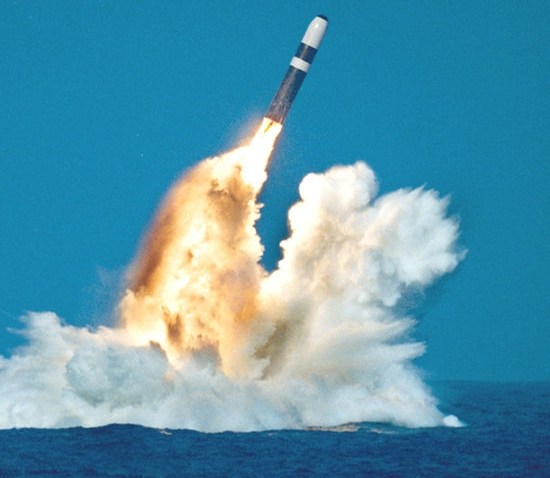For decades during the Cold War, the United States sought nuclear primacy. Now it may be on the verge of achieving it. As America's presidential candidates begin to articulate positions on nuclear policy, it is worth remembering that in all dealings with the nuclear genie, you should be careful what you wish for. . . . When a state can obliterate its adversary's arsenal with a first strike, it is said to possess nuclear primacy. America had primacy early in the Cold War, but the Soviet Union's acquisition of a secure second strike capability in the 1960s ushered in the era of mutually assured destruction. Since then, Russia and the United States have maintained tens of thousands of weapons on alert, and with them the capability to inflict such grave harm that nuclear dominance was unachievable. Or so it was believed. Today, Russia's arsenal and warning system have dramatically deteriorated while the United States continues to refine the accuracy of its missiles and the functionality of its nascent missile defenses. Nuclear primacy may soon be within the Pentagon's grasp -- if it isn't already.
The Perils of Primacy: Nuclear Dominance — and Its Downside

